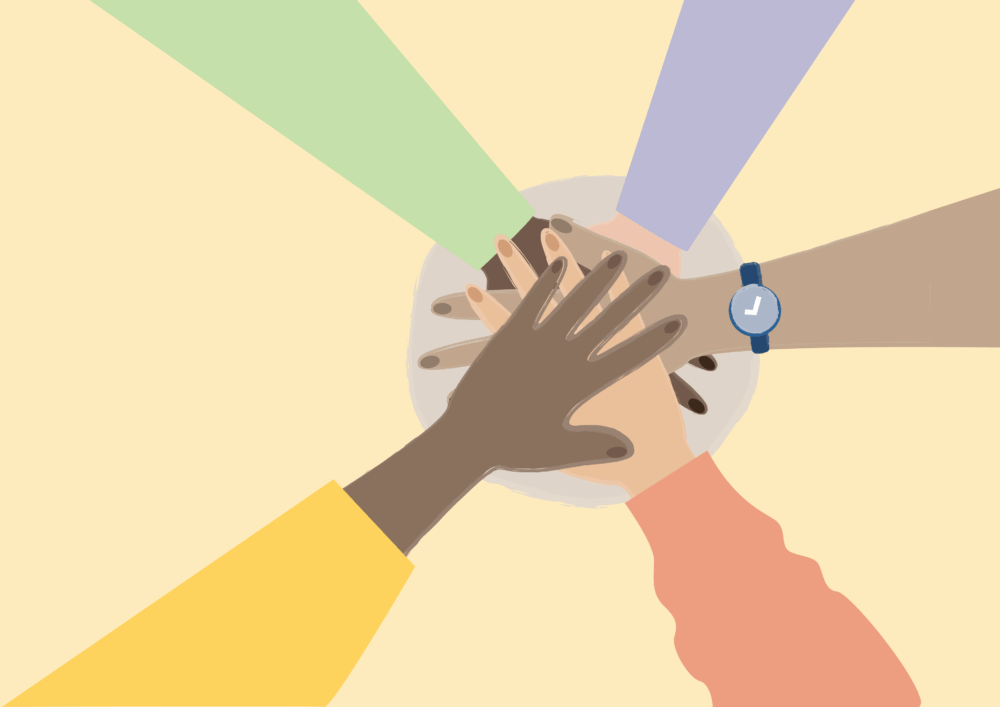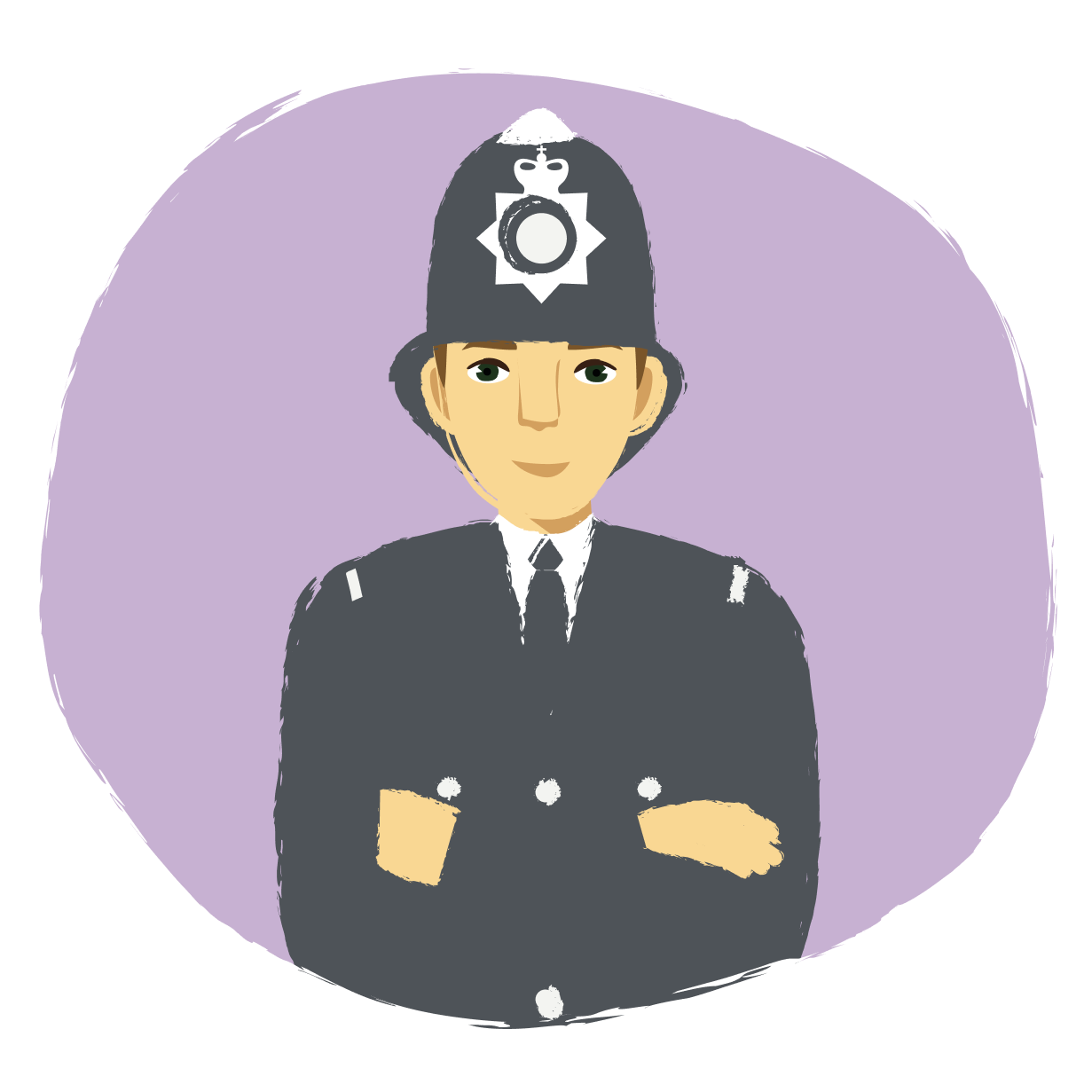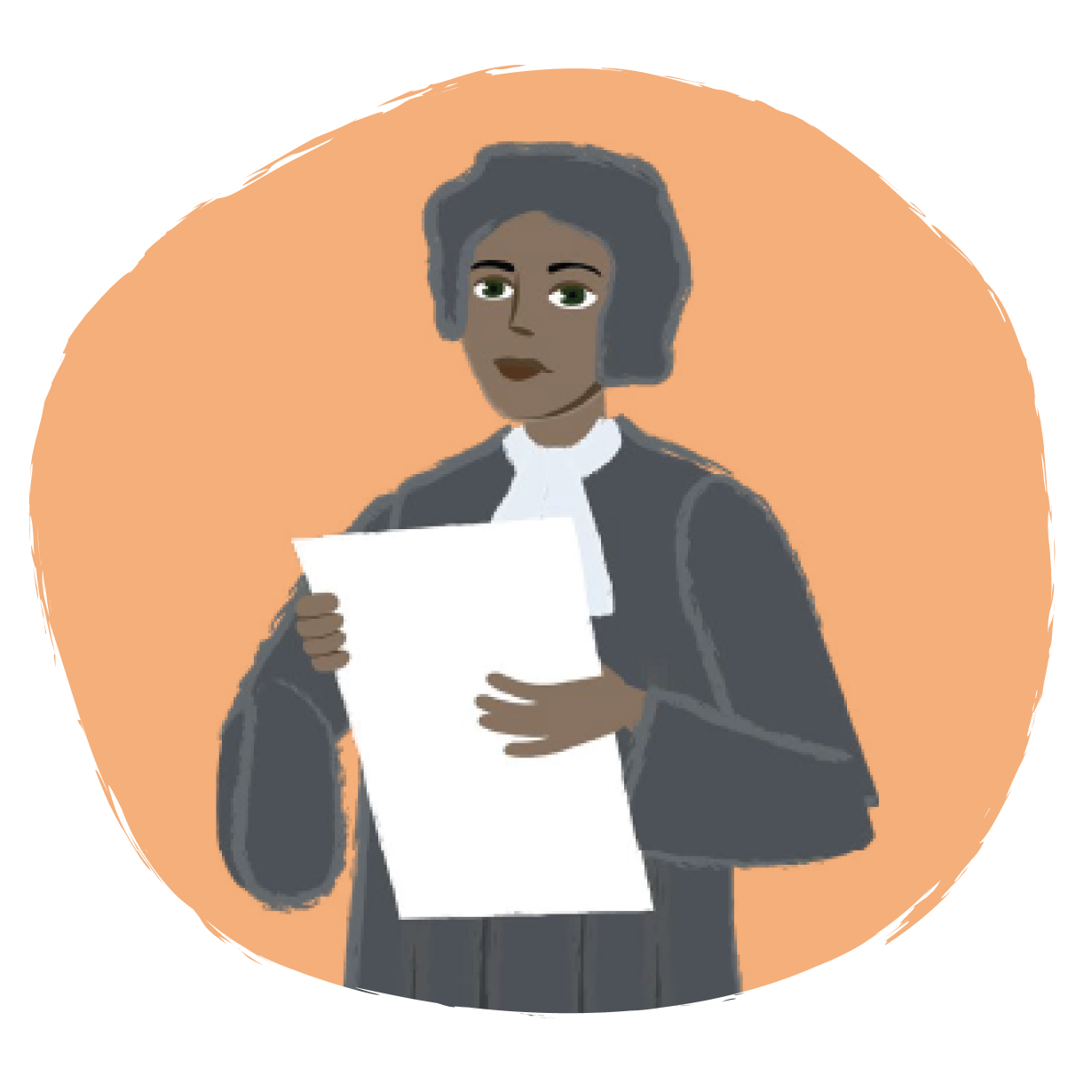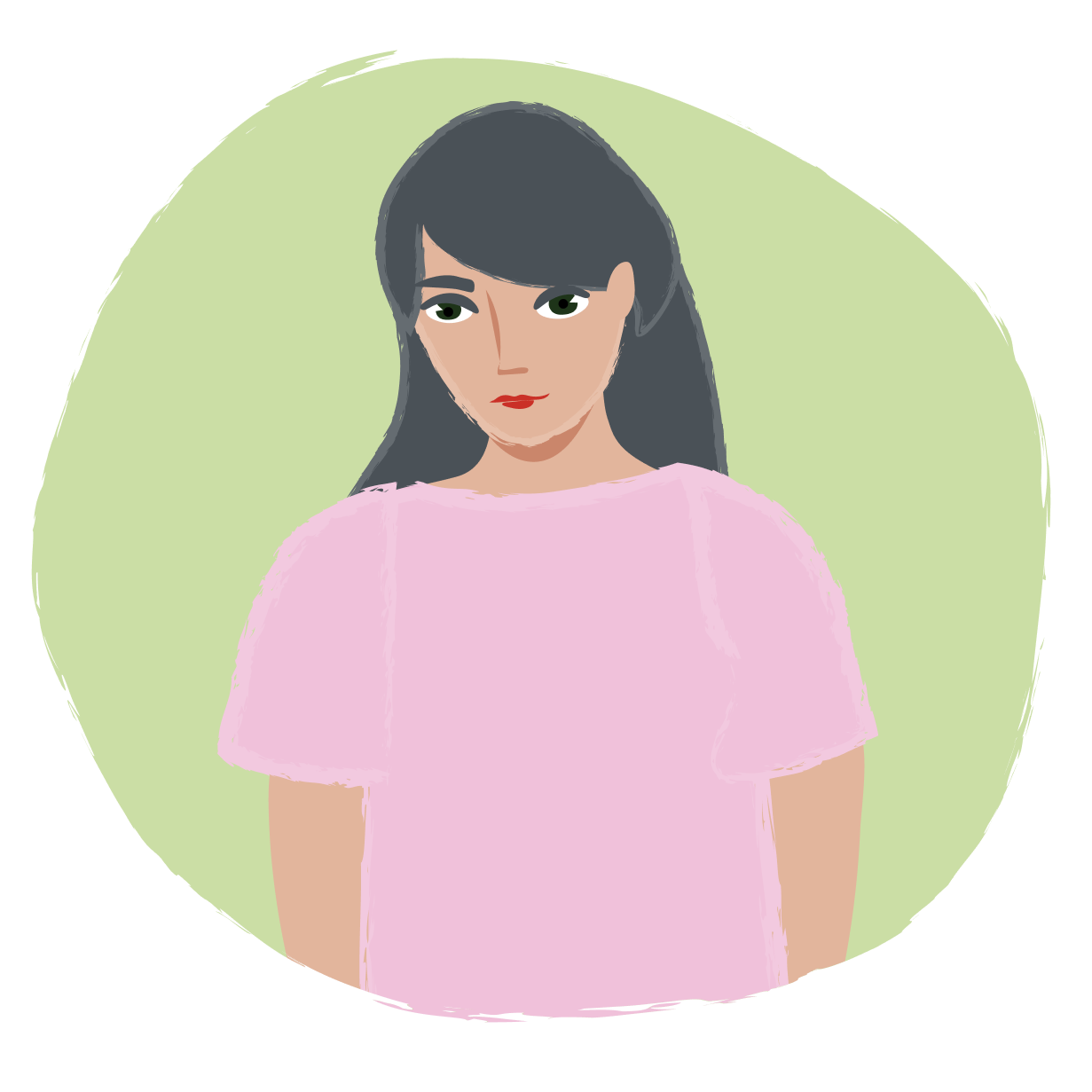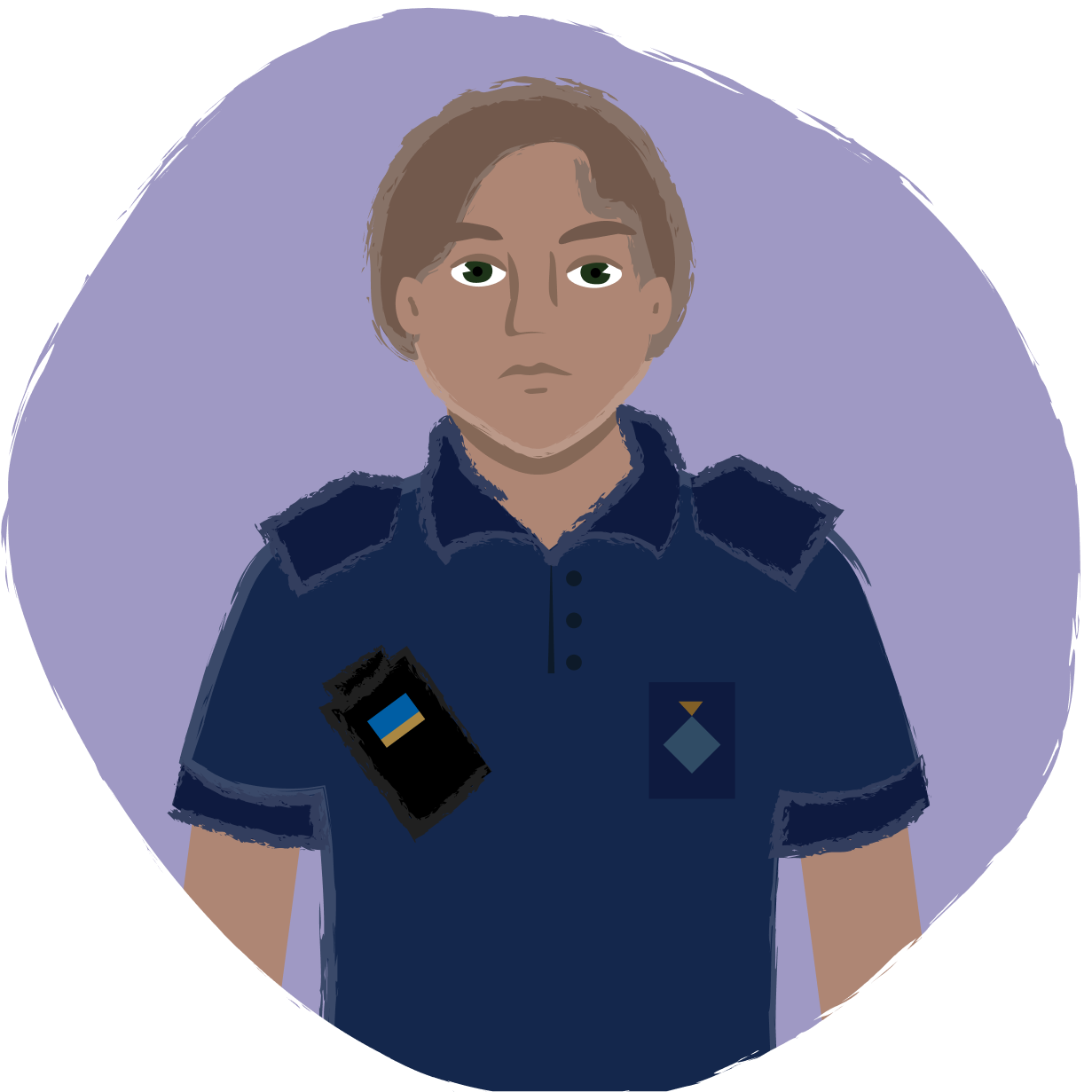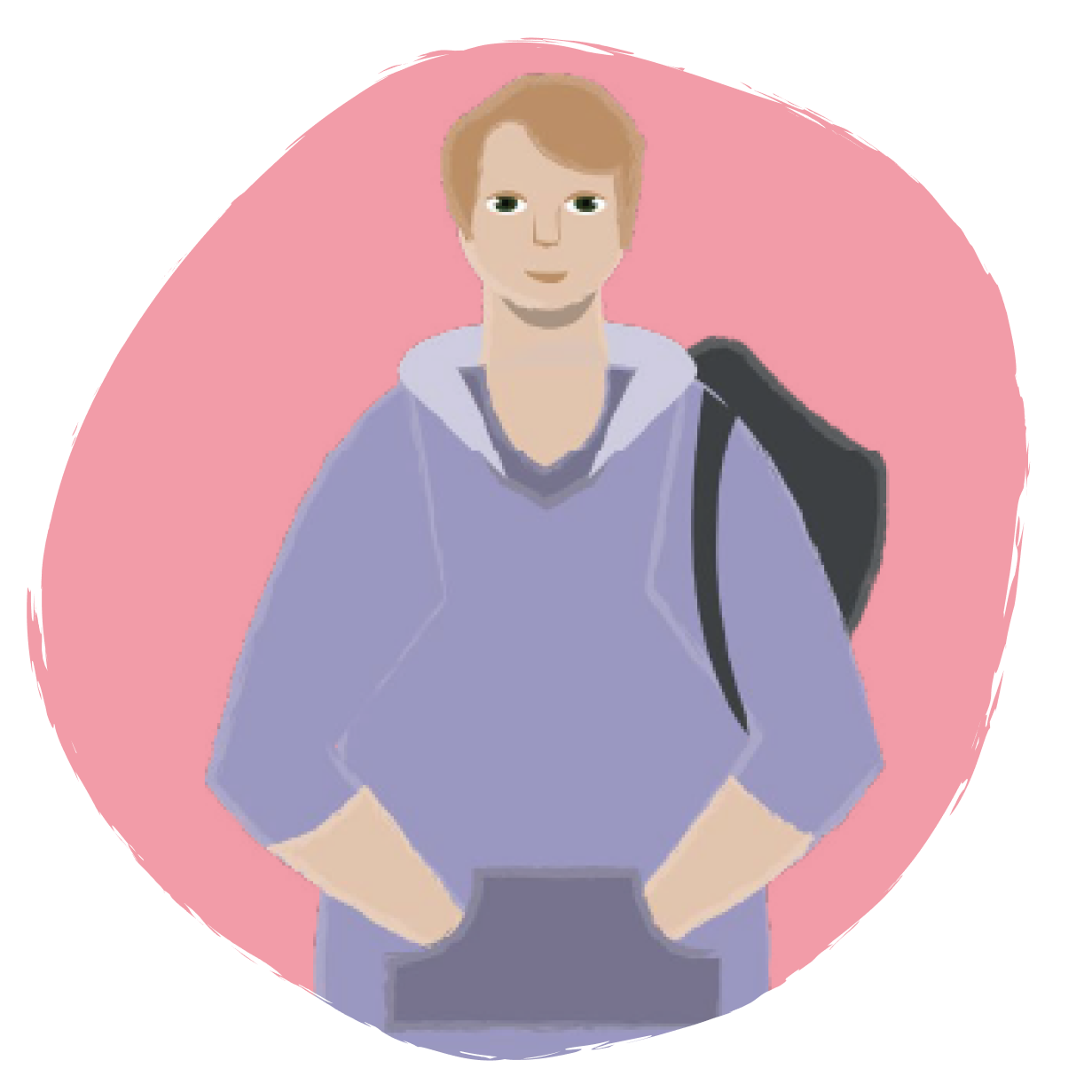No matter who you are or what crime you’ve been accused of, all children have special rights.
This Youth Justice Charter explains what your rights are.
It sets them out as standards, so you know what to expect at each stage of the youth justice system:

I’m using the charter as a child
If you need help understanding this charter, ask someone you trust to go through it with you.
This might be your parent, guardian, carer, social worker, Youth Justice Service case manager, a lawyer or an appropriate adult.
You don’t need to read it all at once.
Some words in this charter might be difficult to understand. We’ve explained what they mean in ‘difficult words‘.
You can also find easy-read versions, which are simpler.

I’m using the charter as a practitioner
If you work in the youth justice system, you should use this charter as part of your engagement with the child to help them understand and participate in the justice process.
This charter does not replace existing guidance, standards or documents, but brings together the most important information that children should know as a charter standard.
Some standards are expressed as something that ‘must’ or ‘will’ happen (based on the law), while others use words such as ‘should’ (based on guidance and best practice).
Familiarise yourself with the charter to ensure you’re meeting the expected standards.
The following organisations are signatories to the Charter: Youth Justice Board; Youth Custody Service; Crown Prosecution Service; National Police Chiefs’ Council; Solicitor’s Regulation Authority; and The Law Society.
